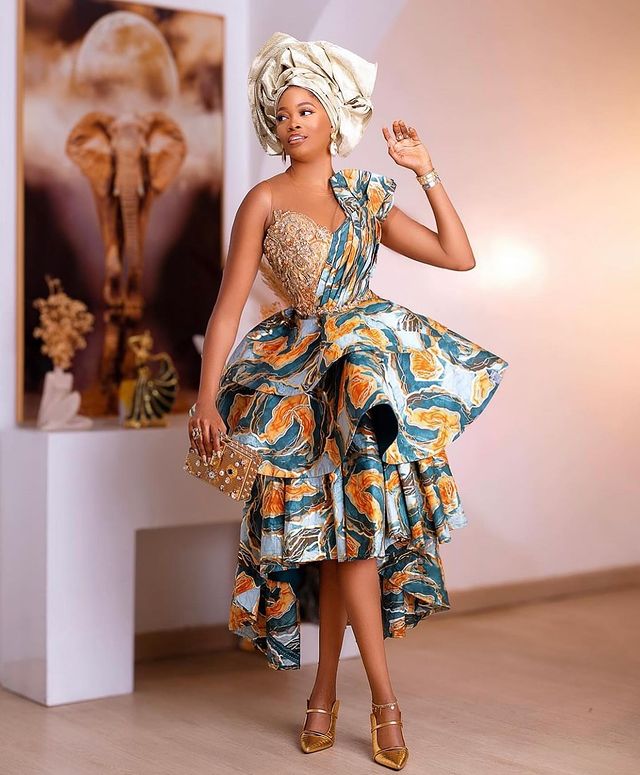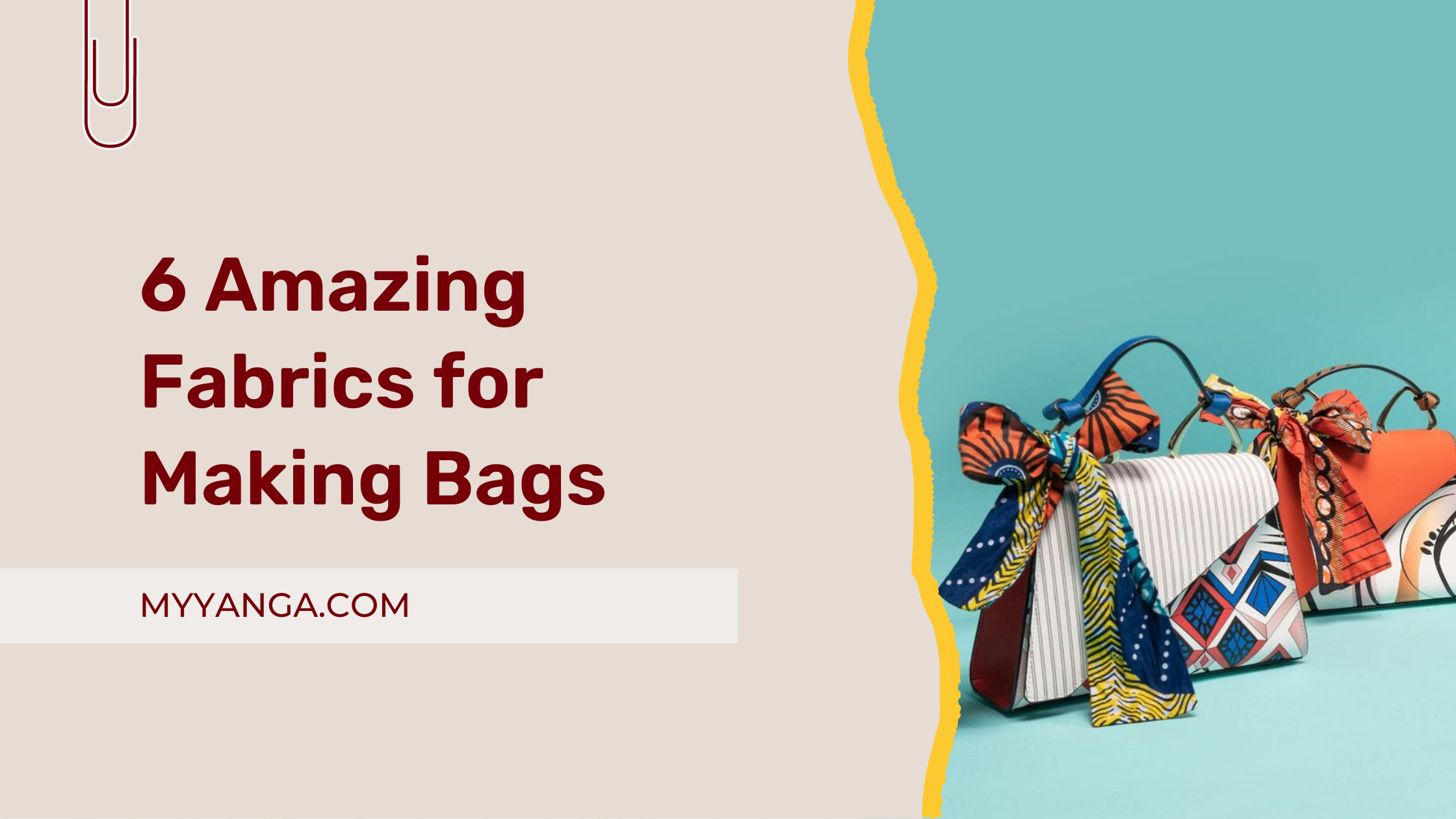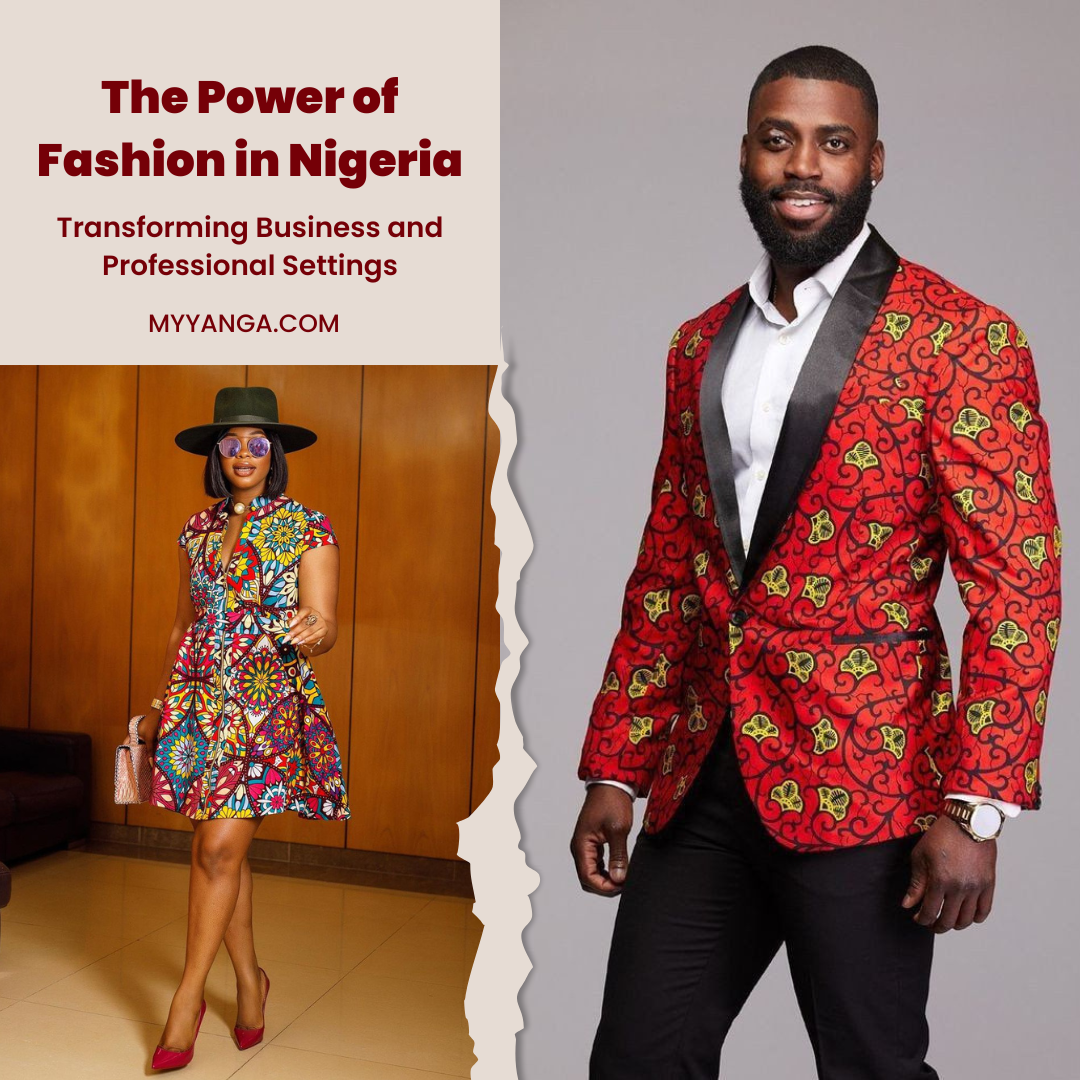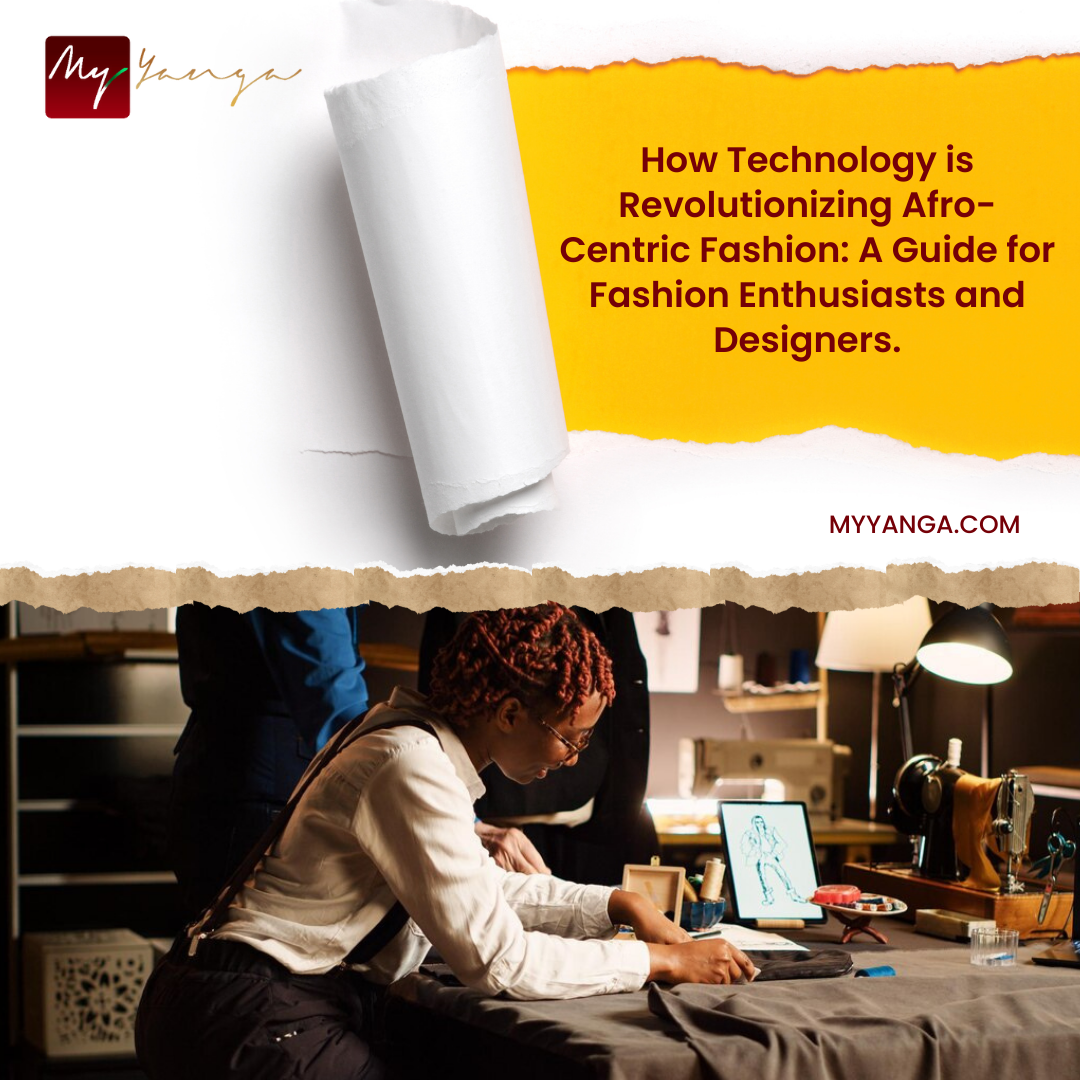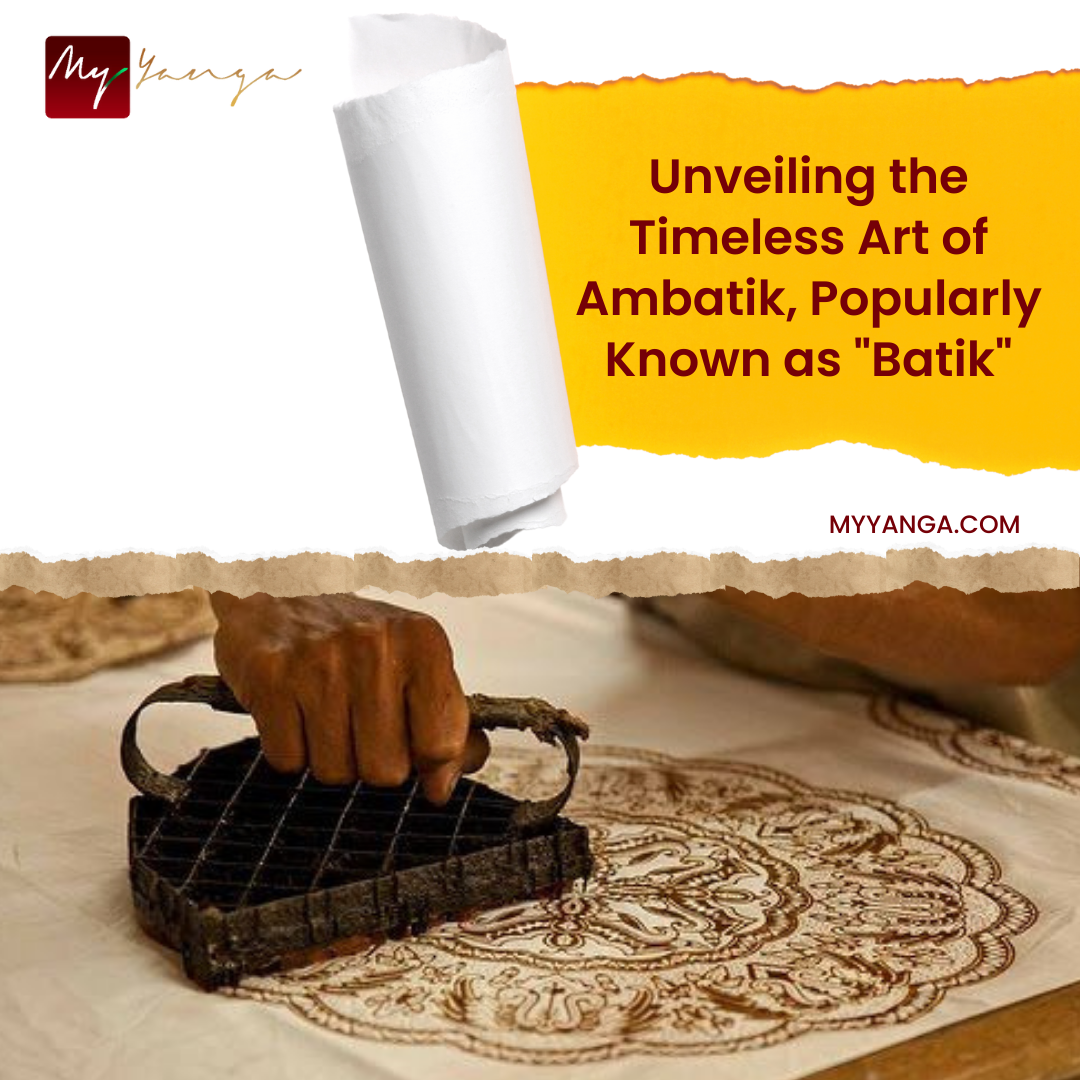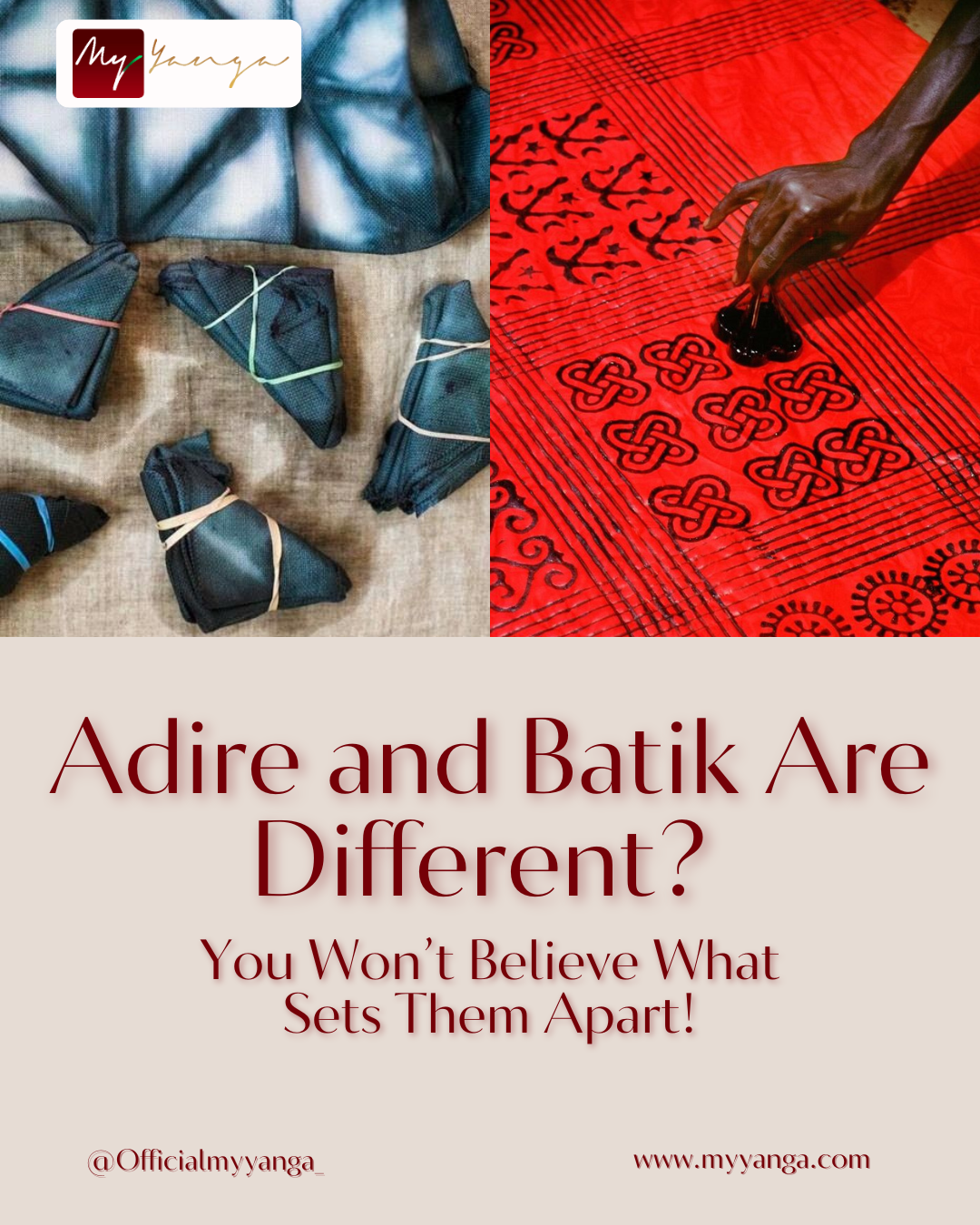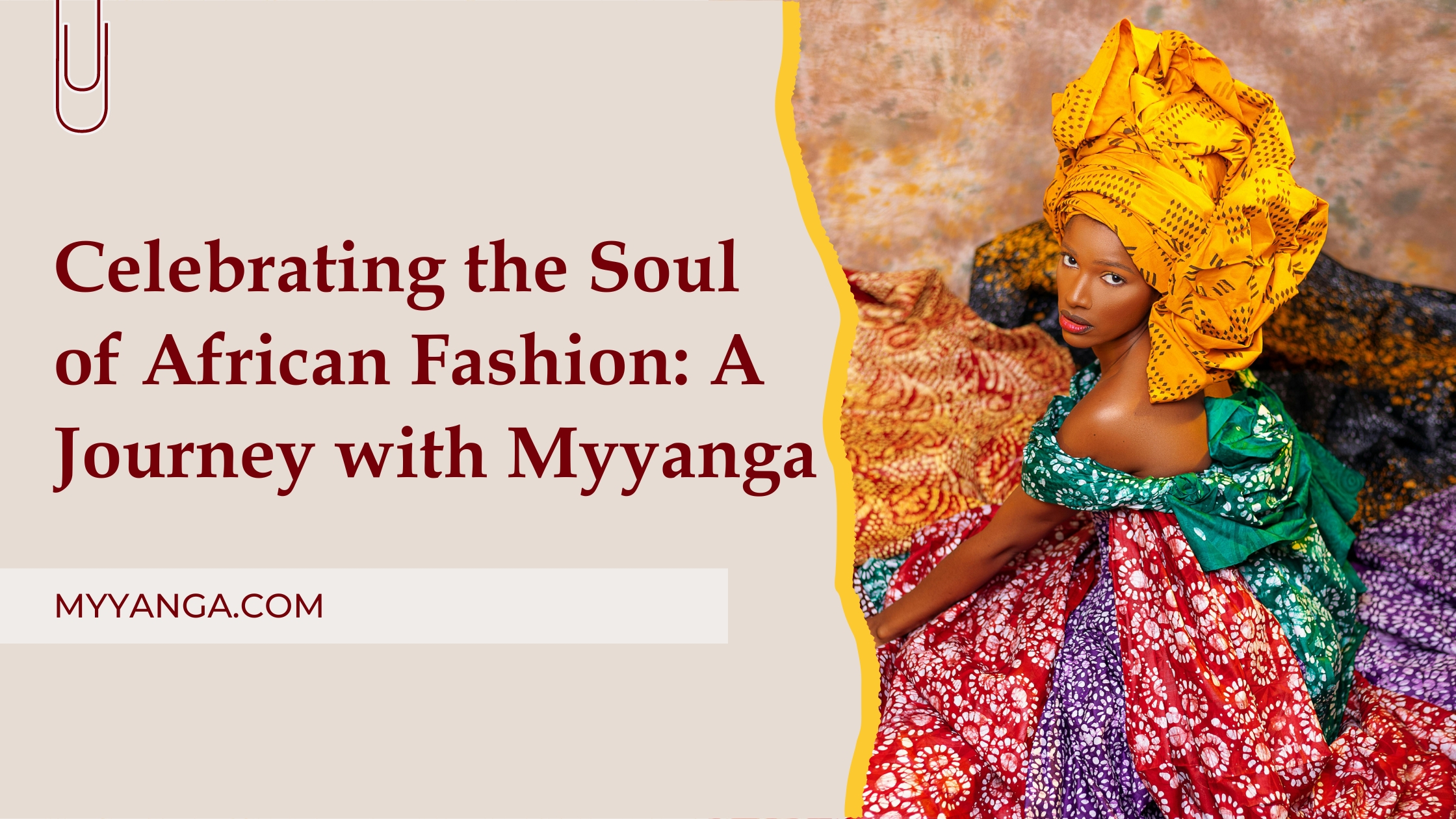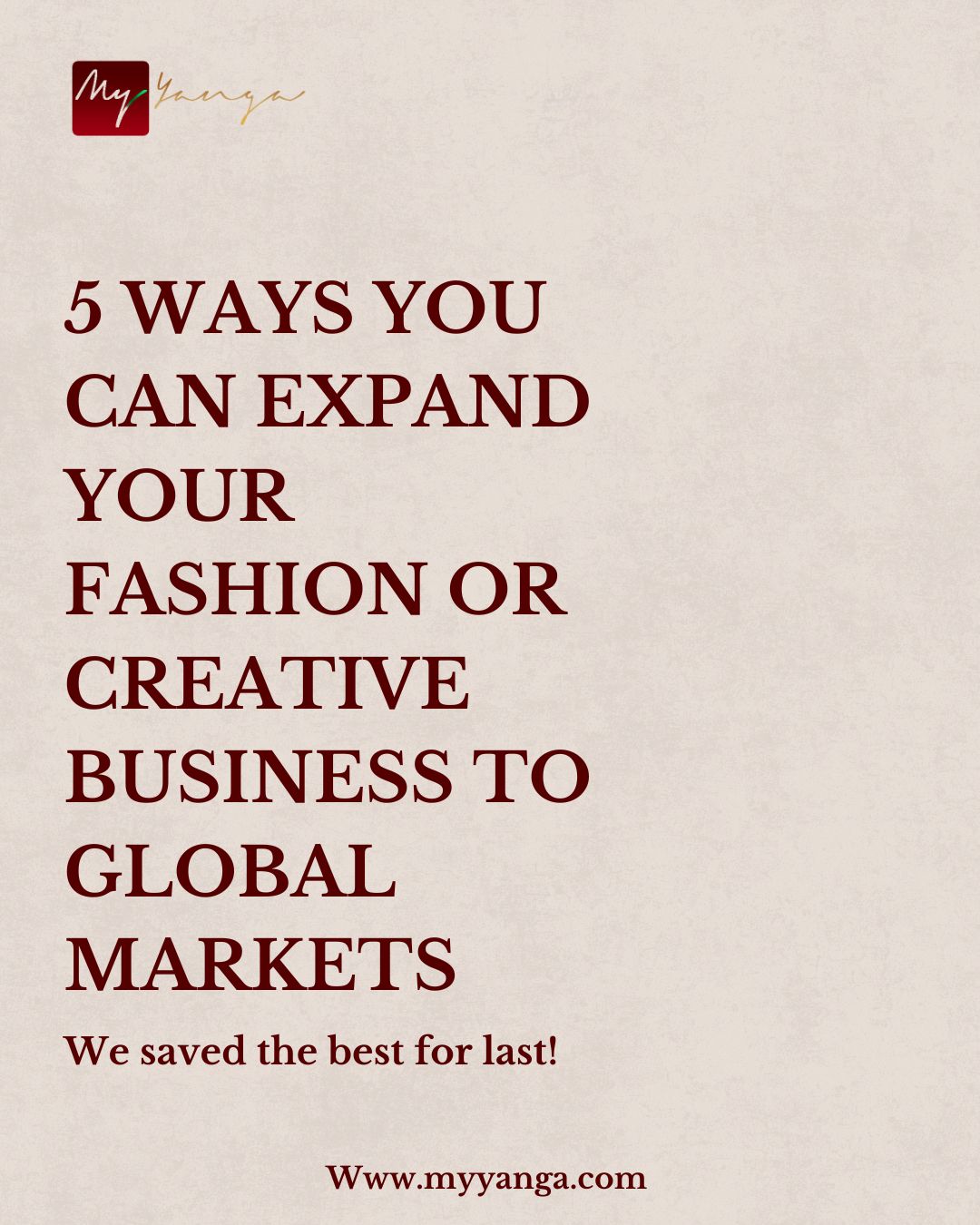The Hidden Dangers of Okirika: Why Africa’s Creatives Deserve Better
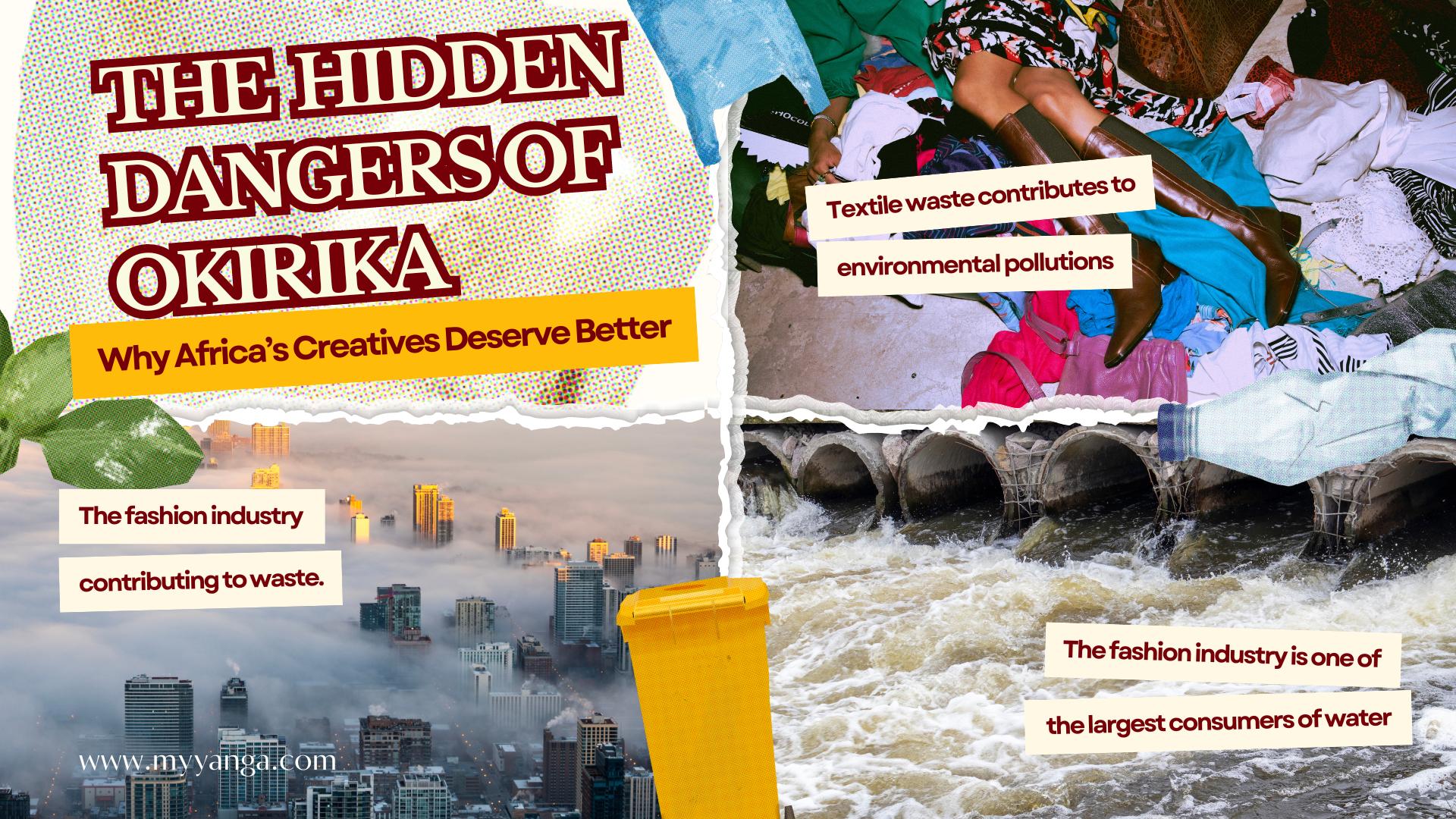
The Hidden Dangers of Okirika: Why Africa’s Creatives Deserve Better
In today’s fast-paced world, fashion trends come and go with dizzying speed, feeding a growing demand for cheap and trendy clothing. This industry, known as "fast fashion," has reshaped the way consumers engage with clothing. Yet, fast fashion has a significant environmental impact. According to the UN Environment Programme (UNEP), the industry is the second-biggest consumer of water and is responsible for about 10% of global carbon emissions – more than all international flights and maritime shipping combined. Unfortunately, fast fashion problems are often overlooked by consumers. From massive waste and pollution to exploitative labor practices and the theft of cultural designs, the fast fashion industry’s reach is vast and damaging.
As an African fashion e-commerce platform, our mission is to connect and uplift African creatives while celebrating the richness of our continent's stories, cultures, and craftsmanship. We believe that behind every piece of clothing lies a story that deserves to be respected. In this blog, we’ll explore three pressing issues within the fast fashion industry—waste, underpaid labor, and design theft—and how these issues threaten both the global community and Africa's growing fashion industry.
1. Fast Fashion Waste: A Growing Environmental Crisis
Cheaply made clothes are designed to fall apart quickly, encouraging consumers to discard them just as quickly. The result? A mountain of textile waste that clogs landfills and pollutes our environments.
In Africa, the influx of second-hand clothing a.k.a(Okirika or "bend down select”) from Western countries further complicates the issue. These items, often donated with good intentions, flood local markets and destroy the demand for locally made garments. Meanwhile, the synthetic materials used in fast fashion clothing take centuries to degrade, contributing to soil and water pollution. This vicious cycle leaves African countries grappling with the environmental aftermath of fashion waste, which is compounded by our continent’s limited capacity to manage this deluge.
The solution to this growing waste crisis lies in supporting sustainable and ethical fashion. By championing African designers who create high-quality, durable pieces, we can shift consumer behavior toward valuing longevity over convenience. African creatives bring innovative, sustainable practices into the fashion world, from using eco-friendly materials to reviving traditional methods of production. Our platform strives to amplify their work and inspire conscious consumption.
2. Underpaid Labor: The Human Cost of Cheap Clothes
Behind the low price tags of fast fashion items are millions of underpaid workers, many of whom face unsafe working conditions and exploitative practices. Factories in developing countries—often in Asia, but increasingly in African countries as well—serve as the backbone of the fast fashion supply chain. Workers are often paid below living wages, forced to endure long hours with little regard for their health or well-being.
This exploitation isn’t just a far-off issue; it threatens African economies and the livelihood of workers across the continent. As multinational fast fashion corporations set up factories in Africa, many of our local artisans, tailors, and seamstresses struggle to compete with the volume and low cost of mass-produced goods. This undercuts local talent and erodes the economic potential of a homegrown fashion industry that has the power to sustain livelihoods.
At our e-commerce platform, we believe that the value of fashion lies not in cheap, disposable clothing but in the artistry, skill, and culture behind each piece. We are committed to ensuring that African creatives receive fair compensation for their work. By promoting ethically made fashion, we can support a future where African designers thrive, and the labor behind every garment is dignified and respected.
3. Design Theft and the Erosion of Cultural Skills
One of the most alarming impacts of fast fashion is the theft of indigenous designs and cultural stories. African fashion is a vibrant tapestry of colors, textures, and symbols that tell centuries-old stories, reflecting the deep connection between clothing, identity, and tradition. Unfortunately, these designs are frequently co-opted by fast fashion brands without permission, recognition, or compensation to the original creators.
Design theft doesn't just rob African creatives of their intellectual property; it also leads to the erosion of cultural heritage. Each design carries with it techniques, stories, and craftsmanship passed down through generations. Fast fashion reduces these cultural artifacts to trends, stripping away their significance and authenticity. This, in turn, discourages the younger generation of African artisans from learning and preserving traditional skills, as they witness their heritage being diluted or erased by corporate interests.
We exist to challenge this narrative. Our platform connects African designers and artisans with consumers who value authenticity, creativity, and craftsmanship. By purchasing directly from the creators, you are not only investing in a unique, high-quality product but also in the preservation of African heritage. We aim to restore pride in our cultural stories by ensuring they are told on our terms—not appropriated by fast fashion conglomerates.
The Path Forward: A New Model for African Fashion
Fast fashion has built a model that is unsustainable for both people and the planet. As Africans, we know that our continent holds untapped potential in the fashion industry—a potential rooted in creativity, sustainability, and cultural pride. By rejecting the fast fashion model and instead supporting African creatives, we can nurture an industry that thrives on ethical practices, protects the environment, revives our industries, and celebrates our unique stories.
Our e-commerce platform is dedicated to making this vision a reality. We offer a space where African designers can showcase their work, connect with global markets, and receive fair compensation. We believe in creating fashion that not only looks good but also does good, by reducing waste, ensuring ethical labor practices, and preserving the rich heritage of African design.
We would love to hear your take on this, is fast fashion a Yay or Nay for you? cand you do without it? let us know in the comments.
